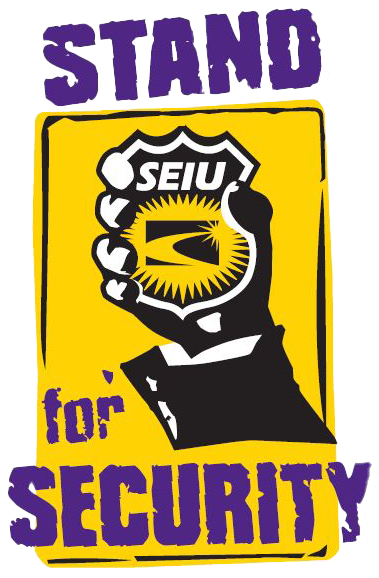Security officers in Pittsburgh, Pennsylvania have been working to raise standards and improve their jobs, highlighting the need for better training in the private security industry.
In February, security officers spoke at a public hearing in front of the Pittsburgh City Council, describing how the city's lack of security training requirements are a risk to the public. Without requirements established by the city or county, private security firms in the area are left to decide the type and amount of training they provide their employees, leaving some officers feeling unprepared to do their jobs. Often first on the scene in emergency situations, local security officers have gained the support of other emergency responders like Pittsburgh's firefighters, who say they would benefit from having better trained security officers protecting city buildings.
Last Friday, the Pittsburgh Business Times published a letter to the editor by Gabe Morgan of SEIU Local 32BJ's Western Pennsylvania Division, explaining the need for higher work standards among Pittsburgh's officers. In other large cities such as New York and Chicago, SEIU has successfully helped security officers through rigorous employer-union training programs that prepare officers to be able to meet today's security challenges.
We encourage you to read the full letter below to understand why expanding training programs and raising standards for security officers can lead to a safer, stronger Pittsburgh community.
Security Guards need higher work standards
Pittsburgh Business Times
Letter to the Editor
By Gabe Morgan
Published April 15, 2011Nothing is more important than keeping Downtown Pittsburgh buildings and the public safe and secure, especially in one of the highest crime areas in the city (Re: "Service Employees International Union attempting to organize guards in Pittsburgh's largest buildings," April 8, 2011).
That's why officers at Downtown buildings are seeking enhanced training to improve their preparedness for safety concerns of all types -- from minor accidents to major emergencies and even terrorism.
Although they regularly put life and limb on the line to protect the public, private security officers earn as little as $8.50 an hour with no real benefits -- forcing many of them to rely on public assistance programs to support their families. Under such poor working conditions, few security officers stay on the job for long and turnover rates can be as high as 300 percent -- often resulting in inexperienced officers not familiar with the building or block they protect.
These turnover rates rival those of the fast food industry.
Raising security industry standards Downtown is in everyone's best interests, especially if it includes the creation of decent paying jobs. And it's in no one's interests to inadvertently put good, responsible companies at an economic disadvantage with their competitors for doing the right thing by our city and its residents.
That's exactly why the union takes an industry-wide approach rather than a company by company approach, and how we have successfully raised industry standards in other cities -- including New York, Washington and Philadelphia.
There is no reason why we can't do the same to raise security standards right here in Pittsburgh -- and, at the same time, improve the lives of hard-working security officers by creating decent paying jobs that support families.
